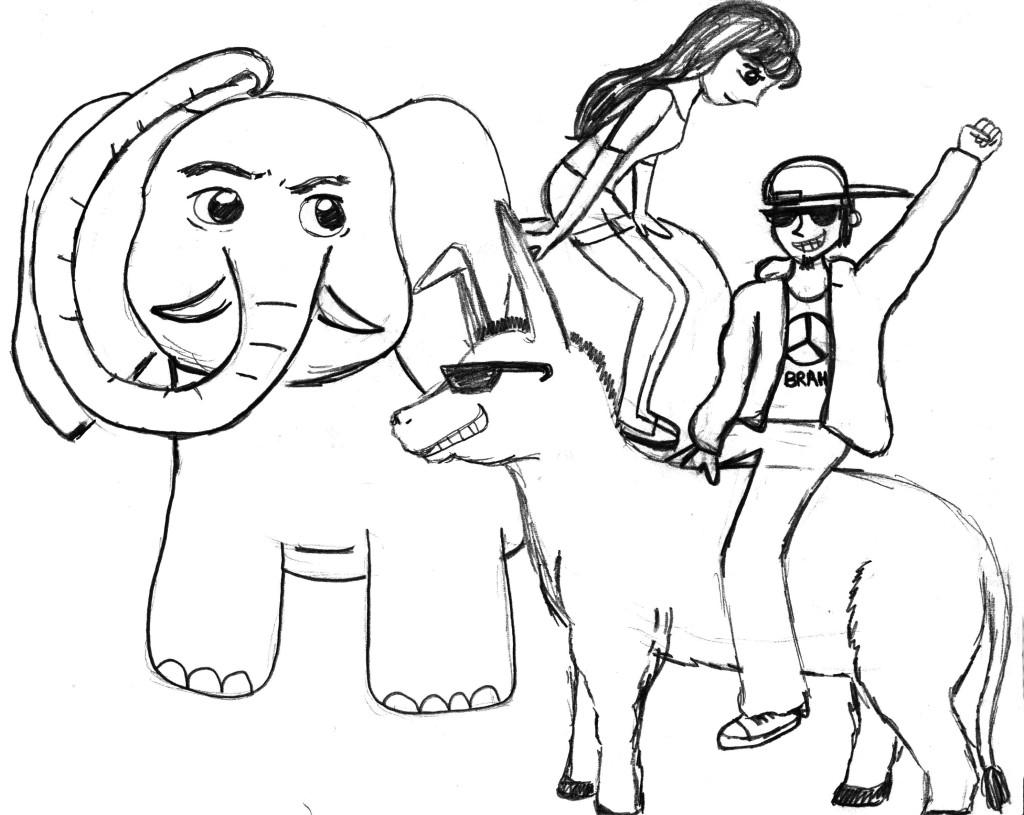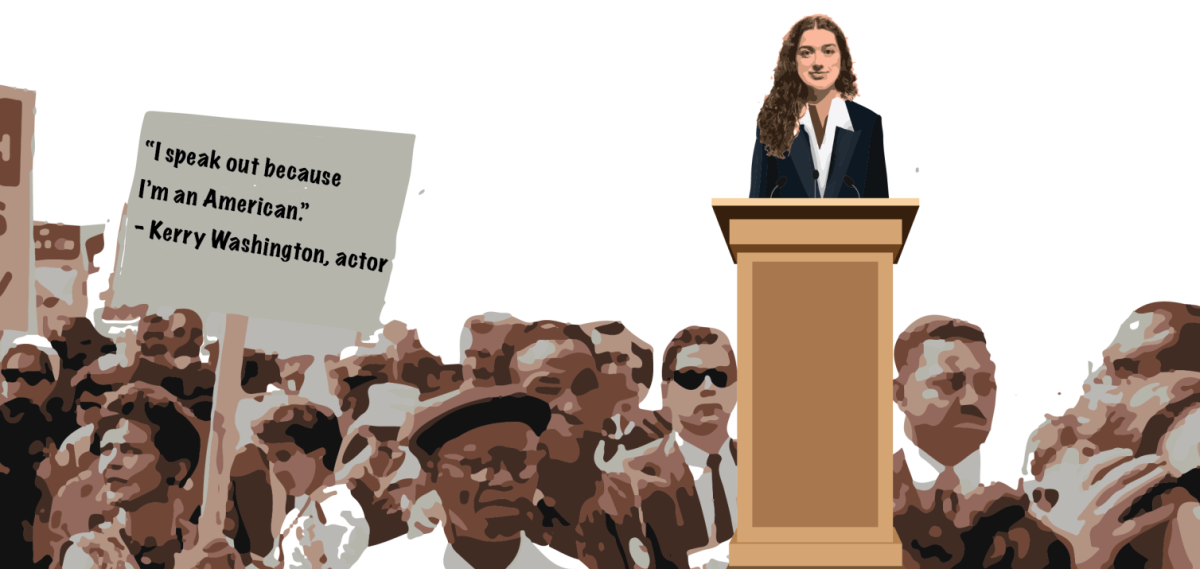As CIRCLE (The Center for Information & Research on Civic Learning and Engagement) elaborates, the Millennials [people aged 18-29] account for 21% of the national vote, and it proved decisive in battleground states like Ohio, Virginia and Florida. Since 2004, each presidential election cycle increased the youth voter turnout until almost half of eligible youth voters cast their ballots in 2012. The youth vote cannot be ignored as it continues to flourish and determine elections.
According to the Pew Research Center, 55% of Millennials identify as or lean Democrat while 33% opt for Republican, which marks a significant decrease for GOP support since 2010. The Grand Old Party has a youth voter problem.
Communication Issues
The Republican party is the embodiment of small business and free enterprise. Republicans favor policies like decreasing corporate regulations and increasing business subsidies. Fiscal issues, if properly portrayed, can attract youth voters.
“When it comes to fiscal issues, I think the Republican Party has some inroad with people who want to be in business,” said Young Democrats adviser Sam Stewart.
According to a report by the College Republicans National Committee, 45% of young people want to be businessmen or entrepreneurs. However, the GOP fails to show how its policies such as lowering taxes and reducing debt allow for better business.
“The Republican Party must embrace its own platform of free-enterprise and limited government, identify and exploit the Democratic platform, and ask the youth: Who spends your money best? You or the government?” said Brian Beute, the adviser for the Young Republicans.
Republicans are driving away youth votes because the GOP appears to advocate “no taxes.” The GOP needs to show the connection that low taxes will stimulate business. When the Republicans speak with the public, they need to solidify their own platform.
Extreme Candidates
“Since George W. Bush’s presidency, the Republican Party has moved away from its core principles, and as a result, its vision diluted,” Beute said.
The GOP candidates need to survive the primaries to move on to the next election cycle, but most of the votes are from more extreme, elder members of the party.
Older people are generally more attuned to politics and, with more time and motivation, are incentivized to vote. If younger voters were more politically active, the GOP candidates would look much different and would be more moderate. Thus, the GOP isolates itself from the younger generation with more radical politicians in the national elections.
“The people who show up to vote for the primaries tend to be more devoted [extreme] members of the party: social conservatives, Tea Party and Libertarians,” Stewart said. “That is putting pressure on moderate Republicans.” Center-right views aren’t often supported by more devoted voters.
The primaries cause extreme candidates to participate because the party needs to appeal to the radical right voters. For example, extreme candidates like Todd Akin and Richard Mourdock have polarized Republican views on issues like abortion.
Republicans need to expand their voter base and think about the consequences of moving too far to the right. This goal will become easier as the younger generation begins to thrive, and the aging generations’ views and votes shrink.
Social Issues
The Republican’s view on gay marriage, which is sometimes based on religious beliefs, is the most detracting factor with the youth vote. Because most Millennials say they are not opposed to gay marriage, the GOP’s vociferous opposition to gay marriage drives those voters away.
How can the GOP fix its gay marriage disconnect? By simply waiting. The older generation influences the Republicans immensely, which affects the youth’s perception of the GOP. However, as the older generation’s influence wanes, more youth voters will affect GOP primaries, and social issue stances will tend to shift to the left.
“The social issues are generational issues,” Stewart said.
As the youth generation influences the GOP, Republicans will shift their views on social issues to garner more votes.
If Republicans can fix their communication issue and listen to the increasing Millennials, the Grand Old Party might become the Grand Youth Party.














